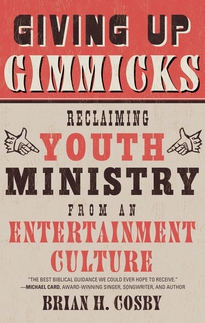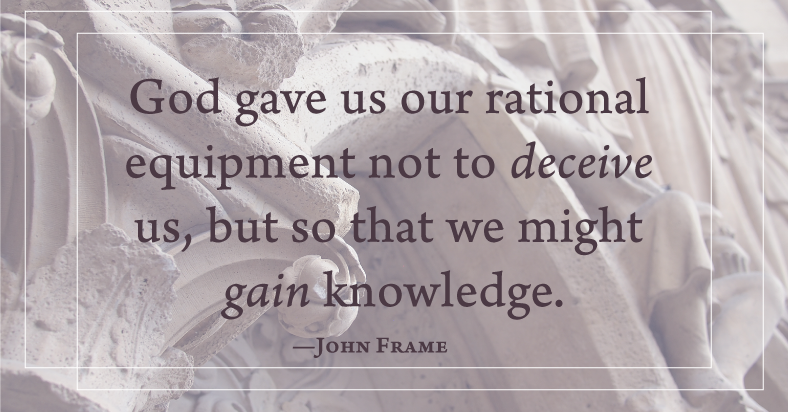By Starr Meade

Biblical Christians do not want to be hateful.
They want to be loving, kind, and forgiving. Our Lord calls us to this. We must be careful, though, not to let the world define “loving, kind, and forgiving” for us. The world would tell us that, if we say certain behaviors are morally unacceptable when everyone else says they are not, we are harsh, judgmental, and hateful. The world would tell us that if we openly proclaim our faith as the only true faith, we are rude, unloving and—criticism of criticisms—intolerant.
In Christian Smith’s interviews with teens, he discovered that American teens feel strongly that public discourse must be civil, and they detest “faith talk” that is rude and offensive. Teens, like all of us, have witnessed people claiming to hold the truths they cherish while speaking in obnoxious, insulting, and honestly hateful terms. Most of us want to distance ourselves from such people. But in their concern for showing respect for others, Smith writes in Soul Searching,
“Teens have come to think that the only stance of civility is the one conceding that all religions are basically the same. They think that good manners prohibit anyone from claiming his faith tradition has something that others lack.”
What teens don’t seem to realize, Smith points out, is that one can clearly articulate a well-thought-out faith with confidence without being rude and offensive. One can give reasons why another’s position is wrong and demonstrate gracious courtesy to the person who holds it at the same time. D. A. Carson agrees. He writes that Christians should be able to live and work and interact with people of all different persuasions, fighting for their freedom to believe according to their conscience and to express the opinions they hold. At the same time, as Christians called to proclaim the truth of God to all people, we must refuse to be silenced out of fear that if we say a religion is wrong or a behavior is immoral, we are using “hate speech.”
We allow for bad beliefs and for bad actions, and we speak out boldly about why they’re bad; at the same time, we accept the people who hold or do them without hesitation, hoping and working toward their coming to faith and repentance.
Biblical Christians must be willing to love those who believe differently, and speak the truth about the differences.
If one day soon Christians, even in our country, will face some measure of persecution because of their beliefs, will our children be ready? Will they know the solid truth of the Bible and of orthodox Christian doctrine so well that the smooth reasoning and the angry accusations of the world will stand out to them as obviously, clearly wrong?
Christianity is a revealed religion, and its revelation comes to us in the Bible’s historical narrative and doctrinal teaching. Yes, Christian truth must be applied and personally experienced. But Christianity is, first of all, God’s revelation of truth. Christianity states that truth in propositions, creeds, and catechisms; there is substance to it. This substance is either true or false. And this truth, this substance, is found in a systematic study of Scripture.
Our children will not be able to even hold to Christianity if they don’t know it, let alone stand firm for it in the face of determined opposition. In the New Testament epistle bearing his name, Jude appealed to his readers “to contend for the faith that was once for all delivered to the saints” (Jude 3). This presupposes heads filled with the knowledge of the truths, the propositions, the doctrines, and the facts of that faith. Now, in the window of opportunity that we have, home and church together must teach our children the substance of Christianity. We do this when we provide for them a consistent, systematic study of doctrine and of Scripture. We want them to learn it well now, as children, so they will have it to hold to and to defend as adults.
Starr Meade served for ten years as the director of children’s ministries in a local church and has taught Bible and Latin classes in Christian Schools. She lives in Mesa, Arizona, where she is currently teaching classes to homeschoolers.
This article is adapted from Give Them Truth Teaching Eternal Truths to Young Minds
 Brian Cosby is senior pastor of Wayside Presbyterian Church (PCA) on Signal Mountain, Tennessee, and visiting professor at Reformed Theological Seminary, Atlanta.
Brian Cosby is senior pastor of Wayside Presbyterian Church (PCA) on Signal Mountain, Tennessee, and visiting professor at Reformed Theological Seminary, Atlanta.




